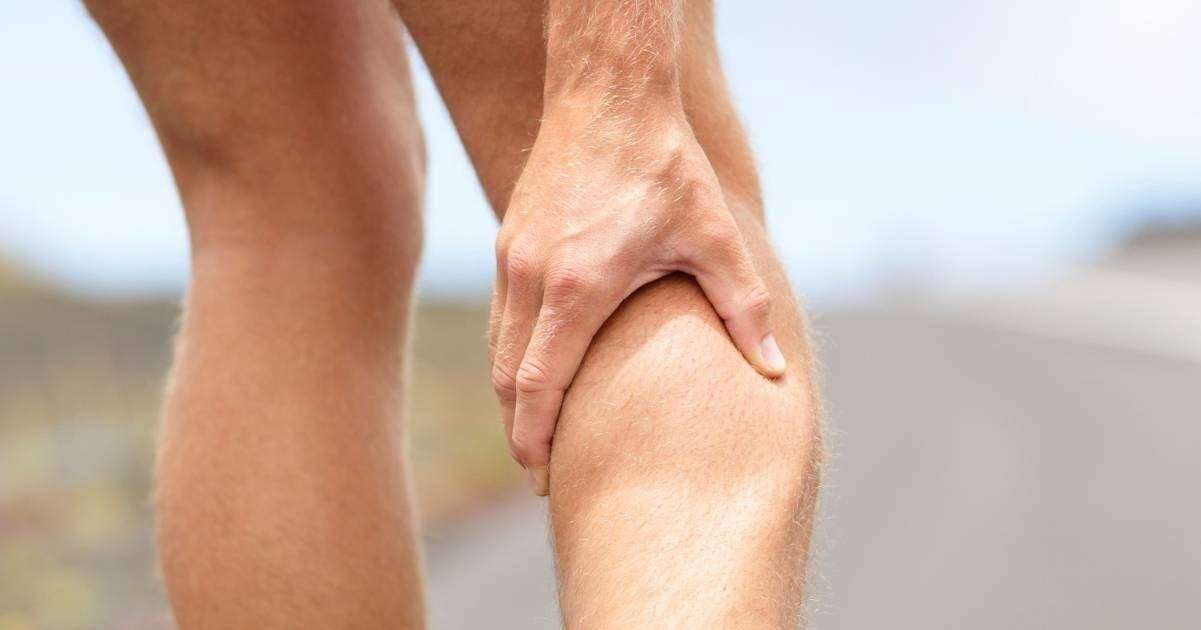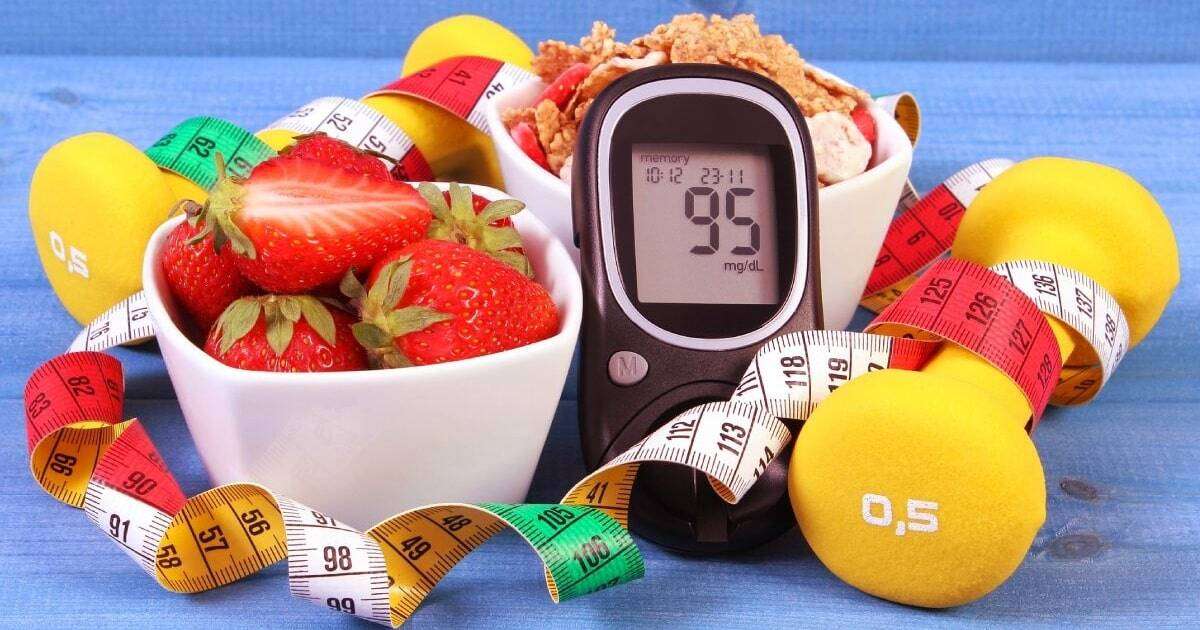
Calves pain
November 10, 2021
Glycemic index of foods
November 23, 2021
Calves pain
November 10, 2021
Glycemic index of foods
November 23, 2021This is always an interesting topic for those who practice physical exercise, as it is not enough to just train if you don't combine training with correct nutrition afterwards.
DATE: November 2021
AUTHOR: Rui Madeira | Health
The diet to increase muscle mass includes some strategies such as consuming more calories than you expend, increasing the amount of protein ingested during the day and consuming more good fats, according to Nutritionist Zanin, T. (2021).
However, in addition to enhanced nutrition, it is also very important to do regular strength training, which demands a lot of muscle mass, as this way the hypertrophy stimulus is transferred to the body.
It is also important to remember that to gain lean mass and lose fat at the same time, you must avoid the consumption of sugar, white flour and industrialized products, as they are the main stimulators of fat production in the body.
RM Trainer has seen fit to share 9 simple steps to follow to gain muscle mass.
- Consume more calories than you burn: Consuming more calories than you burn is essential to gain muscle mass faster, as excess calories, along with training, will allow for muscle growth.
- Do not skip meals: It is important to reach all the necessary calories during the day, without encouraging possible loss of lean mass during a prolonged fast. Ideally, 5 to 6 meals are served a day, with extra attention being paid to breakfast, pre and post-workout.
- Consume more protein: Increasing protein intake is necessary to allow muscle growth, it is important that foods with protein sources are well distributed throughout the day and not concentrated in just 2 or 3 meals. These foods are mainly of animal origin, such as meat, fish, chicken, cheese, eggs and milk and dairy products, but proteins can also be found in good amounts in foods such as beans, peas, lentils, peanuts and chickpeas .
In addition, it may sometimes be necessary to use protein-based supplements such as Whey Protein and Casein, especially used post-workout or to increase the nutritional value of low-protein meals throughout the day. But for this it is always good to consult a Nutritionist in advance.
- Consuming good fats: Contrary to popular belief, consuming good fats helps to reduce the accumulation of fat in the body and also facilitates the increase of calories in the diet to gain muscle mass. These fats are present in foods such as avocados, olive oil, olives, peanuts, peanut butter, flaxseed, chestnuts, walnuts, hazelnuts, macadamia, fish such as tuna, sardines and salmon.
- Drink plenty of water: It is very important to stimulate hypertrophy, as for muscle cells to grow, more water is needed to fill their size. If there is not enough water intake, muscle mass gain will be slower and more difficult.
A healthy adult should consume at least 35ml of water for every kg of weight. Thus, a person weighing 70 kg would need to consume at least 2450 ml of water per day, and it is important to remember that artificial or sugary drinks do not enter into these accounts, such as soft drinks and alcoholic beverages.
- Consume at least 2 fruits a day: It is important to gain vitamins and minerals that promote muscle recovery after training, favoring a faster and more hypertrophied regeneration of muscle mass. In addition, the vitamins and minerals present in fruits and vegetables are important for muscle contraction, reducing the feeling of fatigue during training and for strengthening the immune system.
- Avoid sugar and processed foods: It is important not to encourage fat gain in the body, especially because the diet to gain mass already has excess calories. Thus, to prevent weight gain from being made from fat dough, it is necessary to remove from the diet foods such as sweets, cookies, cakes, toast, fast food, sausage, bacon, cheddar cheese and ham.
These foods should be exchanged for whole grain bread, cookies and wholegrain cakes, cheeses such as rennet, mines and mozzarella, eggs, meat and fish.
- Avoid alcohol consumption: Excessive and regular consumption of alcoholic beverages can reduce protein synthesis, decrease metabolism and reduce the body's ability to burn fat, which can compromise muscle growth. Therefore, it is important to avoid excessive consumption of alcoholic beverages.
- Consuming complex carbohydrates: They are important for the muscle mass formation, as they provide the body with energy for the hypertrophy process to take place. In addition, muscle cells store glucose in the form of glycogen to be used during exercise for energy and for muscle recovery after training.
Therefore, it is important to know how to choose which complex carbohydrates should be included in the diet, giving preference to those that are rich in fiber, such as oat flakes, quinoa, lentils, chickpeas, beans, peas, sweet potato, potato in the skin, rice and wholegrain pasta.
RM Trainer hopes with these tips to have helped to better clarify what can help in this so difficult process of muscle mass gains, but which is not impossible to achieve. Just need focus and a lot of discipline! The help of a qualified professional can also help a lot in this process.
Remember that training and nutrition go together!
